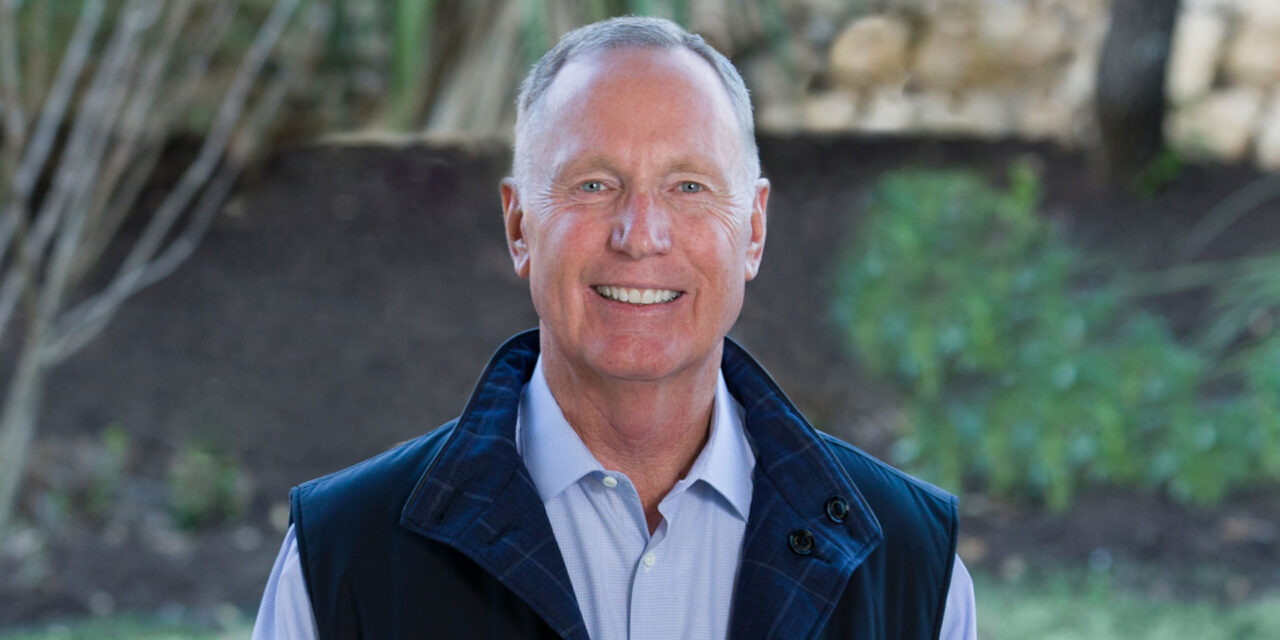Max Lucado, the beloved pastor and bestselling author, raised eyebrows and made headlines recently when he mentioned soothing his ministerial stress with alcohol.
Writing in his new book, God Never Gives Up On You, the longtime shepherd of Oak Hills Church in San Antonio, Texas, explained:
“The staff needed me. The pulpit required me. The publisher was counting on me. The entire world was looking to me,” he wrote.
He continued:
So, I did what came naturally. I began to drink. Not publicly. I was the guy you see at the convenience store who buys the big can of beer, hides it in a sack, and presses it against his thigh so no one will see as he hurries out the door. My store of choice was on the other side of the city lest I be seen. I’d sit in the car, pull the can out of the sack, and guzzle the liquid until it took the edge off the sharp demands of the day. That’s how ‘America’s Pastor’ was coping with his world gone crazy.
Pastor Lucado never asked for that type of moniker or national notoriety. A former missionary in Brazil, the Texas-born evangelist graduated from Abilene Christian University and intended to become a lawyer until the Lord called him into the ministry. On staff at Oak Hills Church since 1987, and fifty books later that have sold nearly 30 million copies, Lucado enjoys a massive platform – and a whole lot of responsibility.
Most pastors don’t navigate that degree of attention, of course. In fact, while Oak Hills hosts over 5,500 attendees each week, the average church in America seats 200 – and have less than 100 people who worship every Sunday.
Nevertheless, the stress and strain on pastors is similar. In fact, the smaller the church, the more challenging it can be to lead it. Less-resourced congregations mean the pastor must do more – from preaching to cleaning bathrooms, mowing the lawn and copying and collating the bulletin. A quarter of pastors are bi-vocational, managing a full-time job during the day and leading a church evenings and weekends.
Christians are often ridiculed for either their hypocrisy or the way they can sometimes turn on their own. This past week, Max Lucado lauded his church for the way they handled his struggle.
“I confessed my hypocrisy to our elders, and they did what good pastors do,” he shared on social media. “They covered me with prayer and designed a plan to help me cope with demands. I admitted my struggle to the congregation and in doing so activated a dozen or so conversations with members who battled the same temptation.”
On the verge of Pastor Appreciation Month, it’s good to be reminded that our pastors in the pulpit are subject to many of the same challenges as people in the pew. They are remarkable leaders – but they’re not superheroes. They get tired. They may get testy. And sometimes they slip up – not necessarily in ways that disqualify them from their calling, but in ways that may require difficult conversations and an aggressive plan to address it.
Without a doubt, our pastors need our encouragement. Instead of a critique, engage them in a conversation. But they also need our prayers more than our praise.
Over the years, God has used Max Lucado’s preaching and fluid pen to lift up, challenge, and inspire the faithful. He’s now using his struggles to do the same.
Photo from Oak Hills Church.






